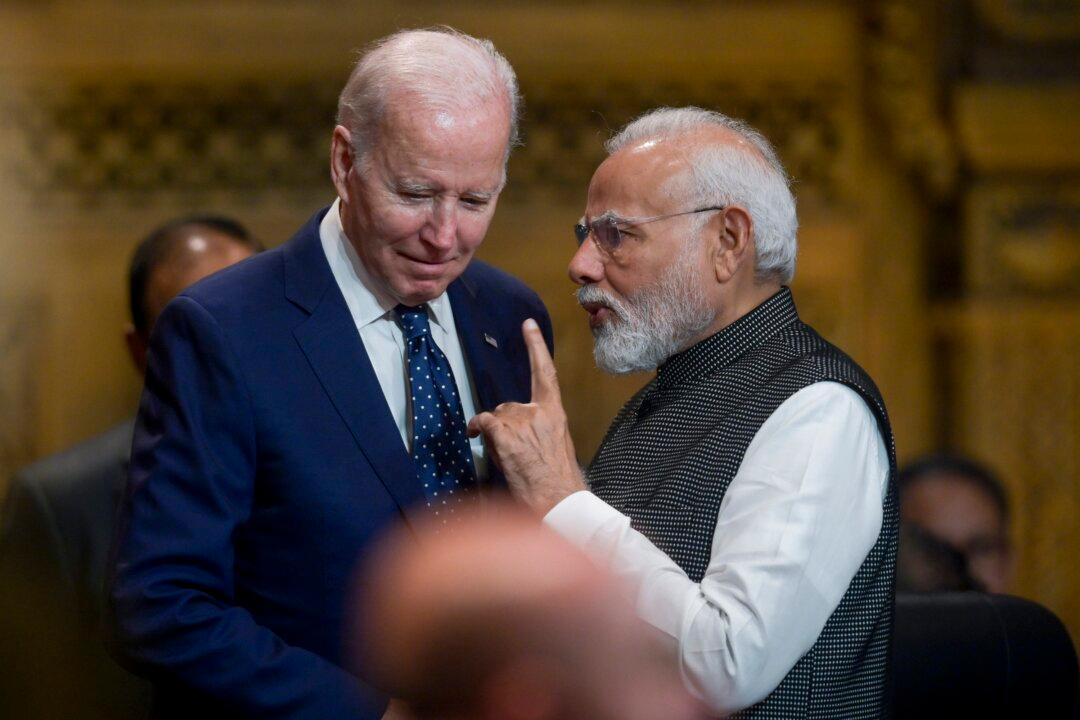Congressional leaders in the United States have invited Indian Prime Minister Narendra Modi to address a joint meeting when he visits Washington on June 22 as the U.S. works to strengthen ties with India.
In a letter on Friday, the Congressional leaders said the address would provide an opportunity for Modi to share his vision for India’s future and “speak to the global challenges our countries both face.”





